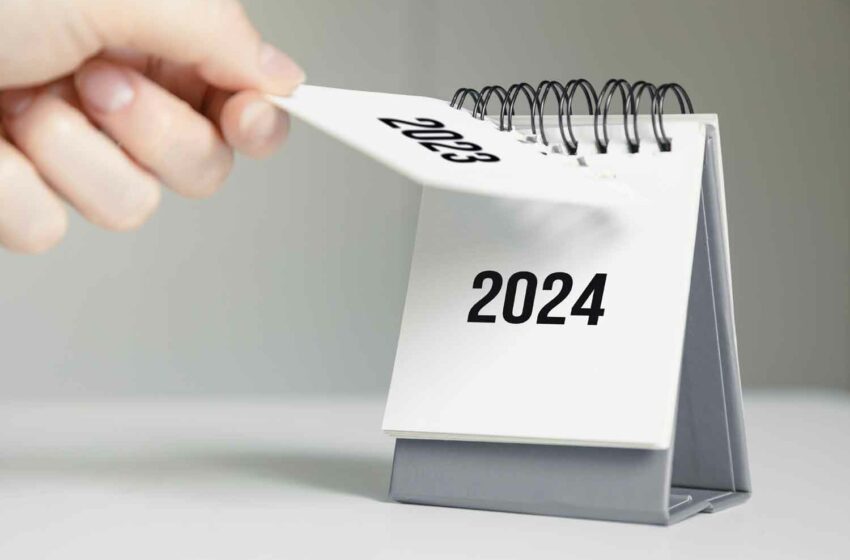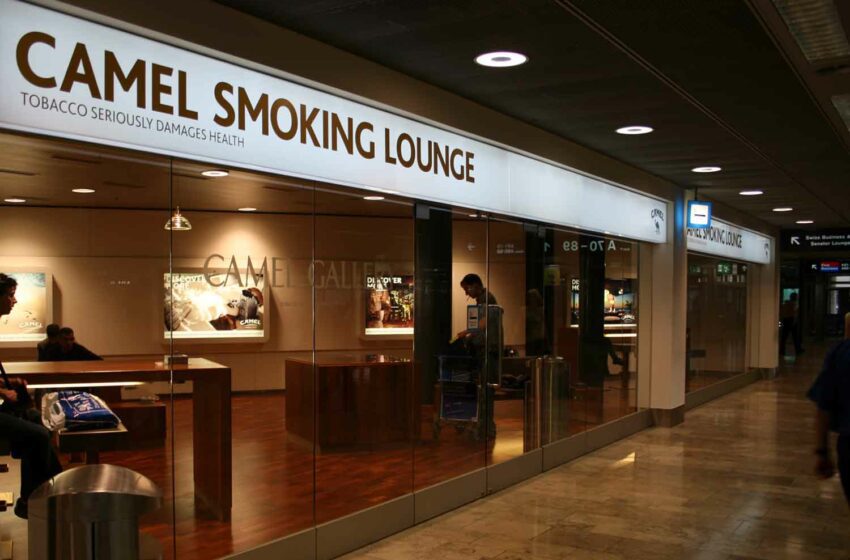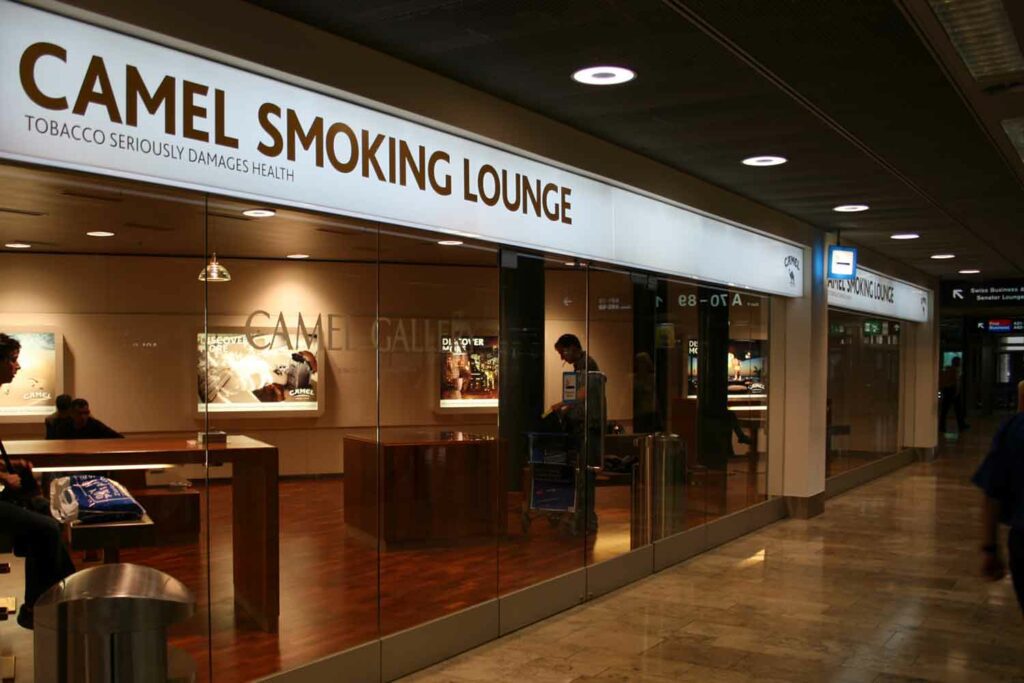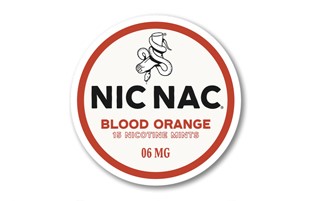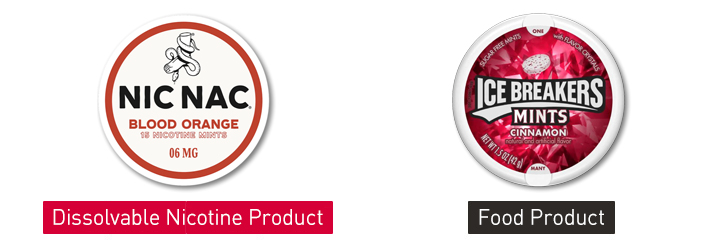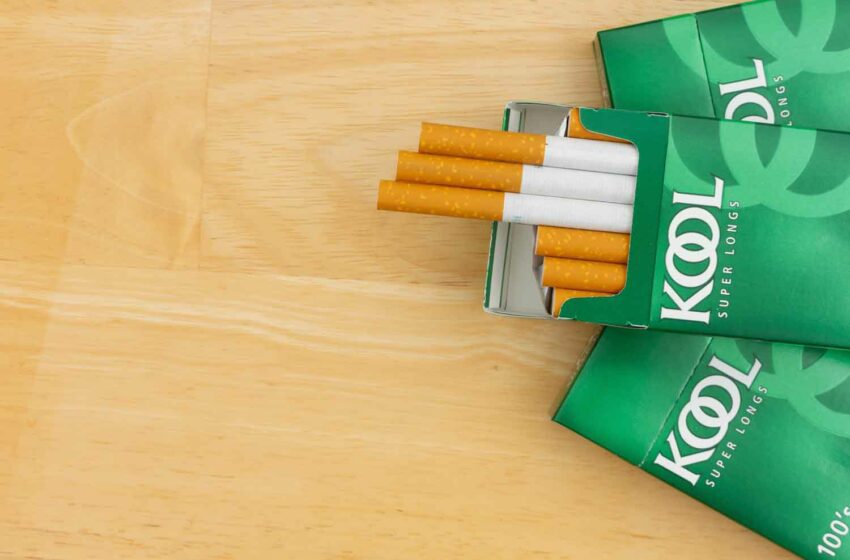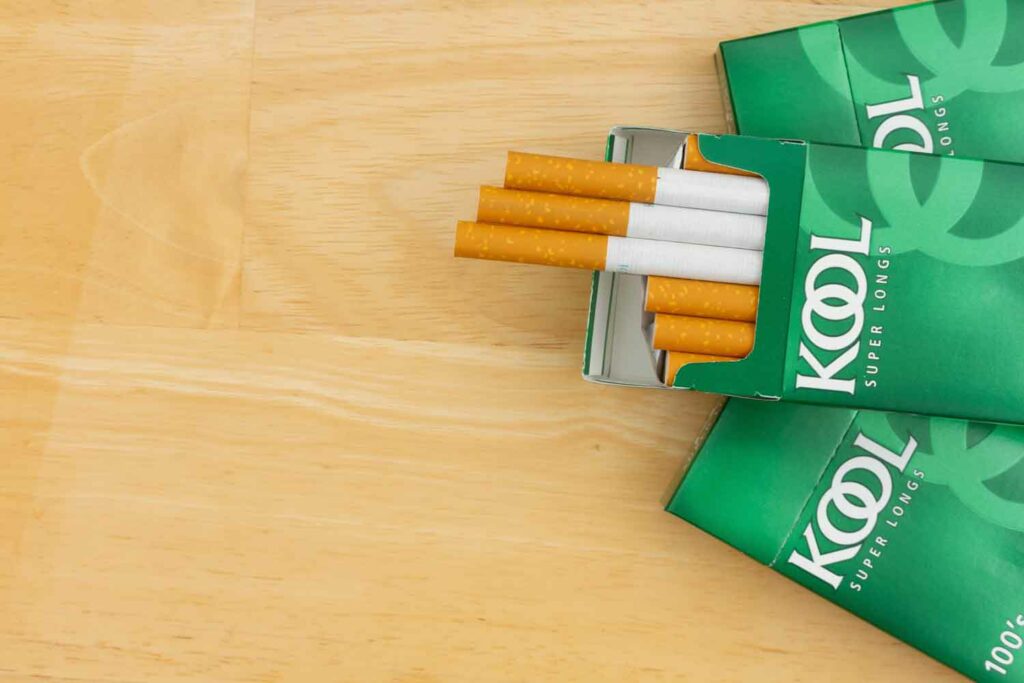
The expected ban on menthol cigarettes in the U.S. may be pushed to 2024, reports NBC.
The delay could be announced by the Biden administration soon, according to officials from two national public health groups working to remove the products. The groups requested anonymity.
The officials worry that the ban may be pushed as far as after the 2024 November presidential election. One official was “deeply concerned” that the ban wouldn’t be put into effect before the election.
“Everything gets harder to do in an election year because people are distracted and bandwidth is stretched,” the official said.
The White House has not commented on the potential delay.
“The American Lung Association expects the White House to honor President Biden’s commitment to end cancer as we know it through the Cancer Moonshot,” said Erika Sward, assistant vice president for national advocacy at the American Lung Association. Sward said it can’t be achieved until the White House finalizes rules banning menthol products.
“Removing these products from the market is backed by strong scientific evidence and hundreds of thousands of public comments from the public health community nationwide,” said Nancy Brown, chief executive officer for the American Heart Association. “The administration should not delay further in putting these rules into effect.”
The Food and Drug Administration stated that finalizing the rules to ban menthol “remains a top priority.”
“Final rules such as these go through an extensive rulemaking process, including agency review and consideration of public comments, development of the final rule and subsequent review by the Department of Health and Human Services and the White House Office of Management and Budget,” an FDA spokesperson said. The Office of Management and Budget has posted the final rules, which is considered the last step before the bans are finalized, according to NBC.
“People are dying,” one official said. “This will save lives. We have the science and data to prove it. It is long past time to take these products off the market.”
The Biden administration has been holding meetings with the tobacco industry and public health groups to discuss the issue.

